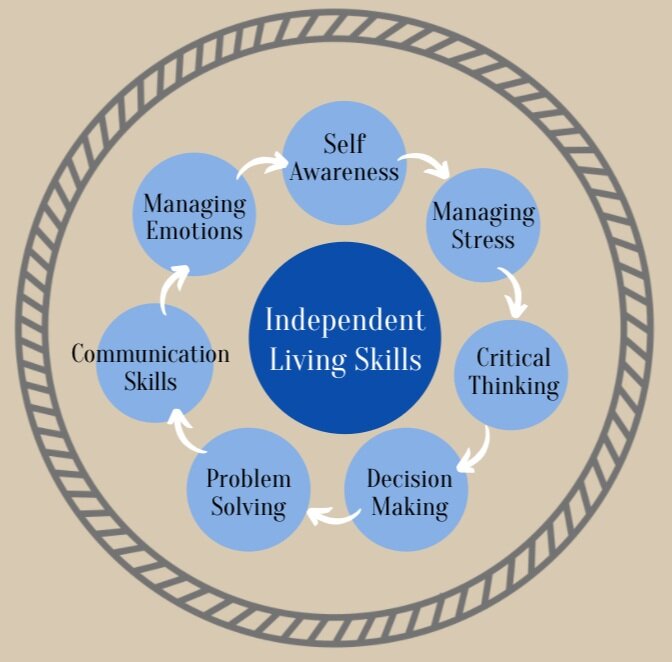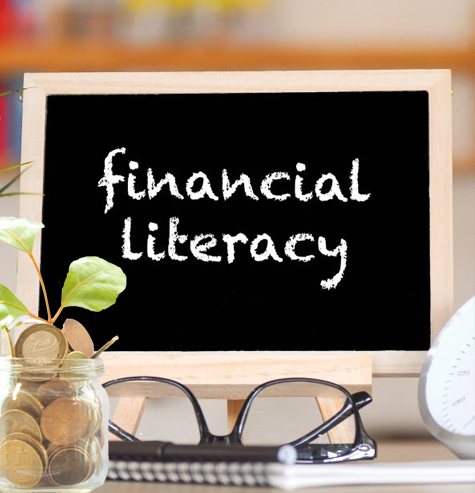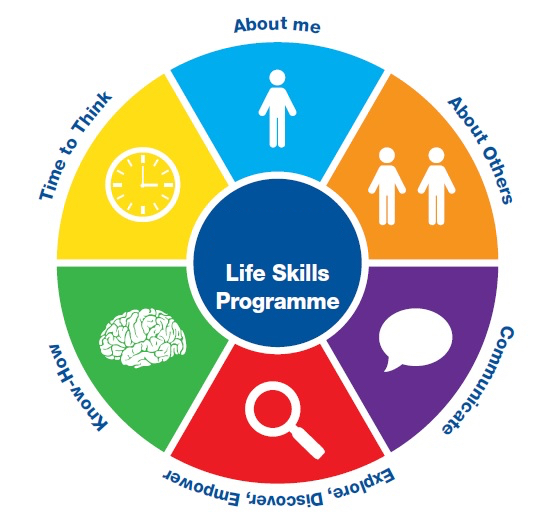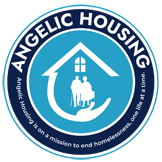Independent Living Skills
Independent living skills are essential abilities that empower individuals to lead self-sufficient lives. These skills encompass various aspects of daily living, allowing
individuals to navigate the challenges of adulthood confidently. Here are some key areas of independent living skills:
Self-Care: This includes personal hygiene routines such as bathing, grooming, and dressing oneself. Developing self-care skills promotes confidence and contributes to overall well-being.
Household Management: Individuals learn to manage household tasks such as cleaning, laundry, and cooking. These skills ensure that living spaces are comfortable and conducive to a healthy lifestyle.
Financial Management: Budgeting, paying bills, and managing finances are critical skills for independent living. Individuals learn to prioritize expenses, save money, and avoid financial pitfalls.
Time Management: Effective time management skills help individuals balance work, leisure, and personal responsibilities. Planning and prioritizing tasks enable individuals to meet deadlines and achieve goals.

Communication: Strong communication skills are essential for building and maintaining relationships. Individuals learn to express themselves clearly, listen actively, and resolve conflicts constructively.
Transportation: Knowing how to navigate transportation systems or drive a vehicle independently is crucial for accessing work, education, and social activities.
Problem-Solving: Developing problem-solving skills equips individuals to address challenges and make sound decisions independently. Critical thinking and decision-making abilities are valuable assets in daily life.
Health Management: Understanding basic healthcare practices, such as scheduling medical appointments, managing medications, and maintaining a healthy lifestyle, promotes physical and mental well-being.
Social Skills: Building social skills involves developing interpersonal skills, such as empathy, cooperation, and conflict resolution. Strong social skills foster meaningful relationships and a sense of belonging in the community.
Goal Setting: Setting and achieving personal goals encourages individuals to strive for continuous self-improvement and personal growth. It instills a sense of purpose and direction in life.
By acquiring and honing these independent living skills, individuals gain the confidence and competence needed to thrive in various aspects of life. Through education, practice, and support, individuals can cultivate these skills and achieve greater autonomy and self-reliance.

Financial Literacy
The peak of your financial comfort and intelligence should be as an adult. But, you can always learn more about how to manage your finances. The key to financial prowess is to keep learning more and more about what you are doing, what you should be doing, and what you plan to do.
Life is now introducing many avenues into your financial awareness: mortgages, car, loans, businesses, employment, retirement, etc. Be sure to keep yourself well-versed on financial literacy to tackle these unfamiliar settings.
See the importance of money management and how a good financial plan can make you financially successful. Then, explore the page for resources, guides, and tools for various financial topics.
Resources
How to Stop Living From Paycheck to Paycheck
The best way to stop living from paycheck to paycheck is to have money in the bank. Take money out of each paycheck to build your initial emergency fund equal to one month’s paycheck.
What’s Your Financial Well-Being Score?
Answer questions to measure your current financial well-being and see steps you can take to improve it.
Managing Your Money
This is a Consumer.gov resource with relevant topics spanning from opening a bank account to renting an apartment or house.
Countdown to Retirement
Mark the days until you can launch into retirement with a checklist.
Money Essentials
CNN Money’s resource provides information on topics like getting a job, buying a car, investing, etc.
Mortgage Calculator
Estimate your monthly payment and see how much house you can afford.
Planning for Retirement
Provide insights on when you should retire, and what your retirement benefits will look like.
Low Interest Financing Savings Calculator
Calculator is designed to allow you to compare three different auto financing options. Use it to help find the best monthly payment and how much interest you could save.
Wiser Women
WISER is a nonprofit organization that works to help women, educators and policymakers understand the important issues surrounding women’s retirement income. WISER creates a variety of consumer publications including fact sheets, booklets and a newsletter that explain in easy-to-understand language for complex issues.
By Audience








Professionals
Find A Housing Counselor
Housing counselors throughout the country can provide advice on buying a home, renting, defaults, foreclosures, and credit issues.
Locate a Financial Education Workshop or Class
The National Financial Educators Council (NFEC) offers a variety of financial education workshops and classes that can help you achieve a state of financial wellness.
Find a Certified Financial Planner (CFP) Professional
Need more professional guidance? Find individuals who are currently authorized by CFP Board to use the CFP® certification marks, who have indicated they currently provide financial planning services to clients, and who accept new clients.
By Topic








Guides
Savings Fitness: A Guide to Your Money and Your Financial Future
The U.S. Department of Labor and Certified Financial Planner Board of Standards Inc. want you to succeed in setting financial and retirement goals. This guide includes overviews, strategies, tips, resources, and worksheets to start you on the way to setting goals and putting your retirement high on the list of personal priorities.
Get Smart About Money
Free online courses can help you get smart about your money.
A Financial Literacy Handbook
Guides will show what you can expect to spend money on based on your age, provide you with strategies for managing your money, and teach you the basics of navigating life’s major expenses.

Social Skills
Social skills are the foundation of successful interactions and relationships with others. They encompass a range of abilities that enable individuals to communicate
effectively, collaborate with others, and navigate social situations with confidence. Here are some key aspects of social skills:
Communication: Effective communication involves both verbal and nonverbal cues. Individuals with strong social skills can express themselves clearly and listen attentively to others. They understand the importance of body language, tone of voice, and active listening in conveying messages accurately and empathetically.
Empathy: Empathy is the ability to understand and share the feelings of others. It enables individuals to connect emotionally with others, recognize their perspectives, and respond with kindness and understanding. Empathetic individuals are better equipped to build meaningful relationships and support others in times of need.
Assertiveness: Assertiveness is the ability to express one's thoughts, feelings, and needs in a respectful and confident manner. It involves standing up for oneself while considering the rights and feelings of others. Assertive individuals can advocate for themselves effectively and assert their boundaries in a constructive way.
Conflict Resolution: Conflict is a natural part of social interactions, and the ability to resolve conflicts peacefully is essential for maintaining healthy relationships. Individuals with strong social skills can identify sources of conflict, communicate their concerns diplomatically, and work collaboratively towards mutually acceptable solutions.
Cooperation: Cooperation involves working together towards common goals and respecting the contributions of others. Individuals with good social skills can collaborate effectively in group settings, share responsibilities, and compromise when necessary to achieve shared objectives.
Adaptability: Social situations can be unpredictable, requiring individuals to adapt to new environments and interactions. Socially skilled individuals can adjust their behavior and communication style based on the context and the needs of those around them.
Respect: Respect is the foundation of positive social interactions. It involves treating others with dignity, valuing their opinions and perspectives, and refraining from judgment or discrimination. Individuals with strong social skills demonstrate respect towards others, fostering trust and mutual understanding.
By developing and refining these social skills, individuals can enhance their interpersonal relationships, navigate social environments successfully, and contribute positively to their communities. Social skills are essential not only for personal happiness and well-being but also for professional success and fulfillment in various aspects of life.





